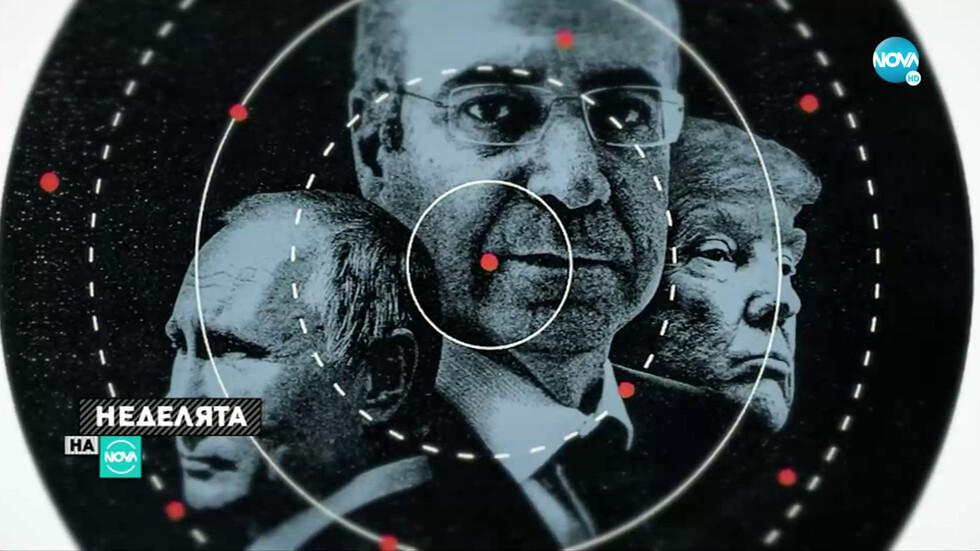Wine saver
Ingolstadt
And the moderator Julia Knapp, who had come to the courtyard of the Kulturoasis from Zurich on Saturday evening, presented their different approaches to topics and their demands and dealings with literature over the course of an hour. And she gave both of them space to read from their – as it turned out: rightly – highly acclaimed (novel) debuts.
As different as the novels are, they both question how people react in crisis and extreme situations, what is their personal freedom, how people deal with landscape, nature and their environment.
In “Milchzähne”, Helene Bukowski tells of scalpe and her mother Edith, who live in a wide landscape, a steppe, under the scorching sun. Although their homestead is lonely, they belong to a community of other deserted farms. Before that, this landscape was green, cool, foggy, fertile. Due to an event – you don’t find out which one – the weather has shifted. In order to keep what you still have, you isolate yourself from strangers, those from across the river, the land by the sea. Then it happens: Skald finds a girl outside, red-haired, not from this community. Against all regulations, she takes it with her to her mother, who also says “The brat has to go”, but the girl accepts that in the end she develops a better relationship with her than that with Skalde, her daughter. Much remains in the unknown in this dystopia. But this was the only way to get closer to the negotiated topics of climate change, fear of foreign infiltration, home, grief and trauma. “I’m interested in the in-between worlds, in the slightly shimmering things,” said Bukowski. But she researched carefully for details such as the slaughter of rabbits – important for the survival of her fictional characters.
Christian Schulteisz’s novel “Wense” is easy to locate. The focus is on the writer, composer and translator Jürgen von der Wense (1894-1966) and the year 1943, in which the “amateur universal genius” had to “work properly” for the first time: War replacement service as a department head in the workshops of the Siemens concern in Göttingen. In his free time, Wense hiked on (at the end of his life it should have been around 40,000 kilometers). While Bukowski creates the landscape from set pieces of various real landscapes, the landscape he wandered through is named in Schulteisz’s novel, but is not described. In return, what Wense wants to discover in it, all the more detailed.
Because he already has everything in his head: “Now he sends his knowledge ahead as a sniffer dog and his knowledge pulls him after him”. Initially, he incorporated sentences from Wense’s estate. “In the end I deleted it.” At that time he was reading Georg Büchner’s “Lenz”. “That was the reason for me to concentrate completely on the figure, on how this free spirit, who has often claimed to have discovered something new without providing any real evidence, could exist in unfree times,” said Schulteisz and read presented a treatise on the staff, written by him, Schulteisz, in the sense of Wense’s flood of thoughts: with which one “can reach further, feel in depth,? and measure the whole world?” Perhaps the Wense experts weren’t that enthusiastic about his handling of the historical figure. But for those who love language, this novel is also recommended reading. DK
The next dates: June 15, 7 pm, literature update “Writing the Death” in the German Medical History Museum and June 16, 8 pm, Raphaela Edelbauer “Dave” in the courtyard of the Harderbastei.
–

:quality(80)/cdn-kiosk-api.telegraaf.nl/f15942d0-cc47-11eb-b9cc-02d1dbdc35d1.jpg)
